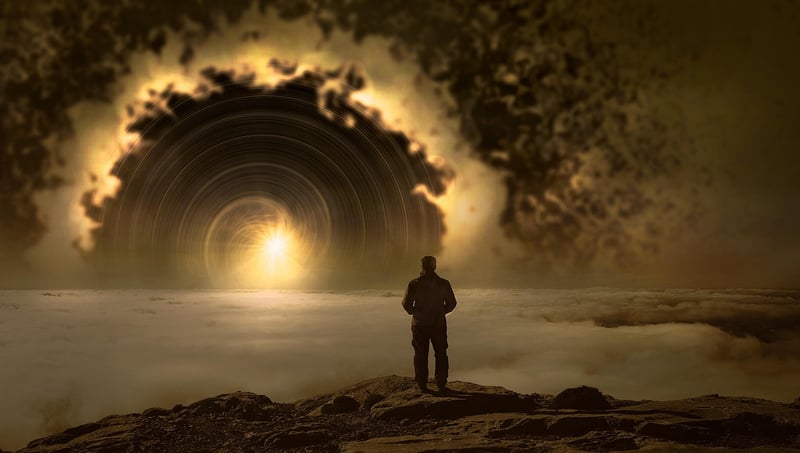Black Holes
Unraveling the Mysteries of Quantum Physics and Black Holes
Quantum physics and black holes are two fascinating subjects that capture the imagination of both scientists and enthusiasts alike. While seemingly unrelated at first glance, the intersection of these two fields has led to groundbreaking discoveries and a deeper understanding of the universe's most enigmatic phenomena.
The Quantum Realm
Quantum physics, also known as quantum mechanics, is the branch of physics that deals with the behavior of particles on the smallest scales. At the quantum level, particles such as electrons and photons exhibit wave-particle duality, uncertainty, and entanglement, challenging our classical intuitions about the nature of reality.

Key figures in quantum physics include Niels Bohr, Max Planck, and Erwin Schrödinger, who developed the famous Schrödinger equation that describes how quantum systems evolve over time. Quantum mechanics has led to revolutionary technologies such as quantum computing and quantum cryptography, with the potential to transform various industries.
Black Holes: The Cosmic Enigmas
Black holes are regions in space where gravity is so intense that nothing, not even light, can escape their grasp. These cosmic entities form when massive stars collapse under their gravity, creating singularities with infinite density at their cores.

Physicists like Stephen Hawking and Roger Penrose have made significant contributions to our understanding of black holes, including the groundbreaking theory of Hawking radiation, which suggests that black holes can emit particles and eventually evaporate over time.
The Quantum Nature of Black Holes
One of the most intriguing connections between quantum physics and black holes is the concept of black hole thermodynamics. The study of black hole thermodynamics has revealed parallels between the laws of thermodynamics and the behavior of black holes, hinting at a deeper, unifying theory that combines gravity and quantum mechanics.
Recent research has explored the idea of information paradoxes, such as the famous black hole information paradox, which raises fundamental questions about the conservation of information in the presence of black holes and the nature of spacetime itself.
Conclusion
As we delve deeper into the realms of quantum physics and black holes, we continue to uncover profound connections that challenge our understanding of the universe. The synergy between these two fields not only pushes the boundaries of human knowledge but also inspires us to explore the mysteries of the cosmos with curiosity and awe.
So, whether you are a seasoned physicist or an avid science enthusiast, the realms of quantum physics and black holes offer an endless journey of discovery and wonder.
